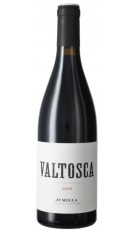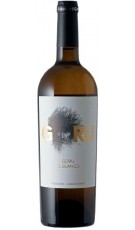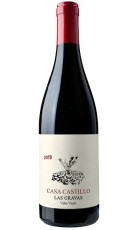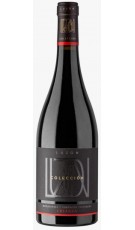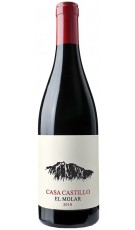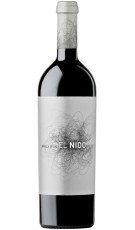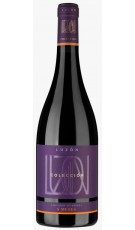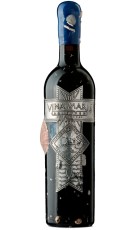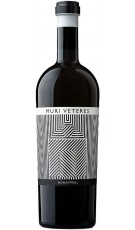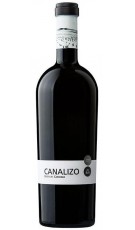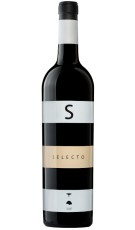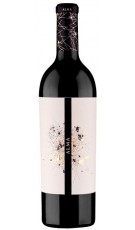
Denominación de Origen Jumilla There are 57 products.
La Denominación de Origen Jumilla posee una tradición vinícola importante desde siglos pasados. Ya desde la romanización hispánica, la vid era cultivada en este territorio. Pero fue a mediados del siglo XIX cuando la plaga de la filoxera castiga amplios territor...
Catalog
-
Casa Castillo Valtosca 2021
Red Wine.CASA CASTILLOJumillaThis is a monovarietal Syrah wine, from fresh soils covered by a type of limestone called "tosca". This wine shows its maturity, concentrated, where black fruit and toasted aromas stand out.
Reduced price! -
Goru Blanco 2022
White Wine.EGO BODEGASJumillaHarvested the grapes at night when they reach their optimum maturity and fermentation at low temperature to preserve the individual aromas of each variety have ensured in this great white wine its...
Reduced price! -
Casa Castillo Las Gravas 2021
Red Wine.CASA CASTILLOJumillaThis is a Monastrel and Grenache wine, the most mineral of all those in the winery, and the contribution of Grenache gives it freshness and fluidity, making the power and concentration of the area...
Reduced price!In stock -
Luzón Colección Crianza 2018
Red WineBODEGAS LUZÓNJumillaRed Wine made with varieties of historic vineyards with more than 40 years old, artisanal viticulture and a unique climate. The combination of two native varieties results in a complex and balanced...
Reduced price! -
Casa Castillo El Molar 2022
Red Wine.CASA CASTILLOJumillaThis is a monovarietal Grenache wine, where we discover how the variety offers us a different red from the one we are used to, with a sweet character, marked by ample freshness and fluidity.
Reduced price!In stock -
El Nido 2021
Tinto con crianzaBODEGAS EL NIDOJumillaRed Wine Reserva, 24 months in french and american oak barrels
Reduced price!In stock -
Luzón Colección Garnacha...
Red WineBODEGAS LUZÓNJumillaRed Wine crianza, 8 months in french and american oak barrels
Reduced price!In stock -
Vina Maris Selected 2015
Red Wine crianzaBODEGAS CARCHELOJumillaRed Wine crianza, 16 months in french and american oak barrels + 12 months underwater
Reduced price! -
Carchelo Muri Veteres 2017
Red Wine crianzaBODEGAS CARCHELOJumillaRed Wine crianza, 12 months in french and american oak barrels
-
Carchelo Canalizo 2014
Red Wine ReservaBODEGAS CARCHELOJumillaRed Wine Reserva, 20 months in french and american oak barrels
In stock -
Carchelo Selecto 2015
Red Wine crianzaBODEGAS CARCHELOJumillaRed Wine crianza, 16 months in french and american oak barrels
In stock -
Alma de Luzón 2020
Red Wine.BODEGAS LUZÓNJumillaEach of these bottles contains the SOUL of the winery along with the dreams and passions of a whole team. Alma de Luzón is the wine that unites the emotions with the senses. From the velvety...
Reduced price!In stock
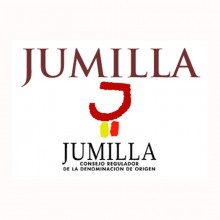
La Denominación de Origen Jumilla posee una tradición vinícola importante desde siglos pasados. Ya desde la romanización hispánica, la vid era cultivada en este territorio. Pero fue a mediados del siglo XIX cuando la plaga de la filoxera castiga amplios territorios europeos, sobre todo Francia; lo que motivó el despegue espectacular de la economía vitícola jumillana, con el aumento de las plantaciones de vid y un incremento significativo de las exportaciones de mosto al país vecino, lo que enriquecerá al sector agrario local. Con el paso del tiempo, Jumilla se convertirá en una de las Denominaciones de Origen más antiguas de España, con reglamentación desde 1966. Desde principios del siglo XX funciona la Estación Enológica (hoy Laboratorio Regional Agrario y Bodega Experimental) que actualmente colabora con el Consejo Regulador.

(+34) 91 129 11 11
(+34) 638 458 218
- Brandy
- Cognac
- Gin Premium
- Ron
- Whisky
- Denomination of Origin
- Winery



















